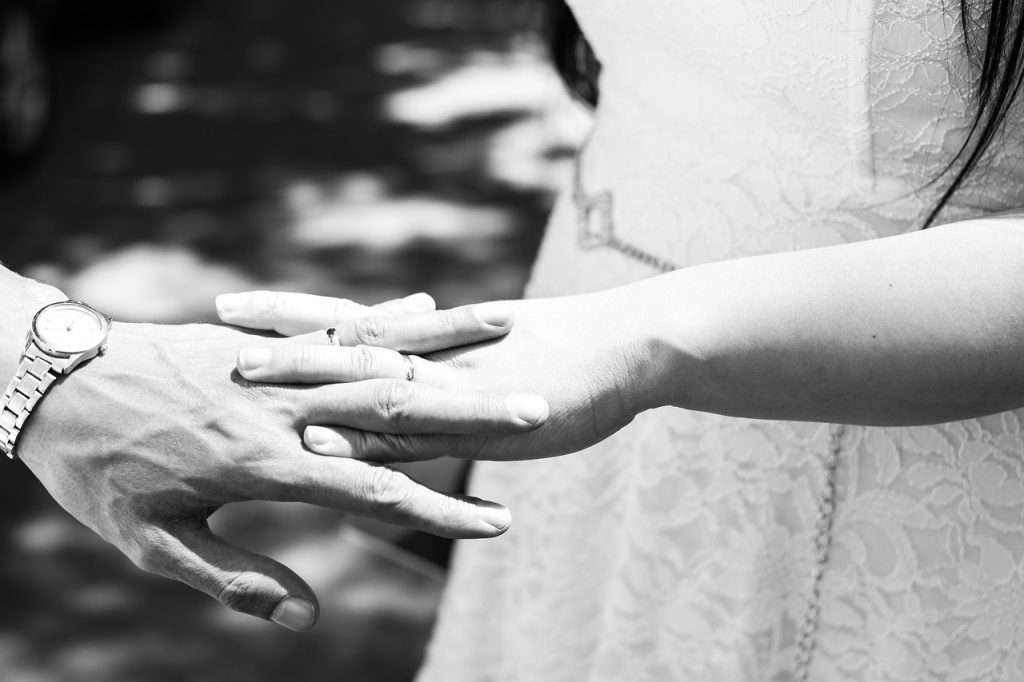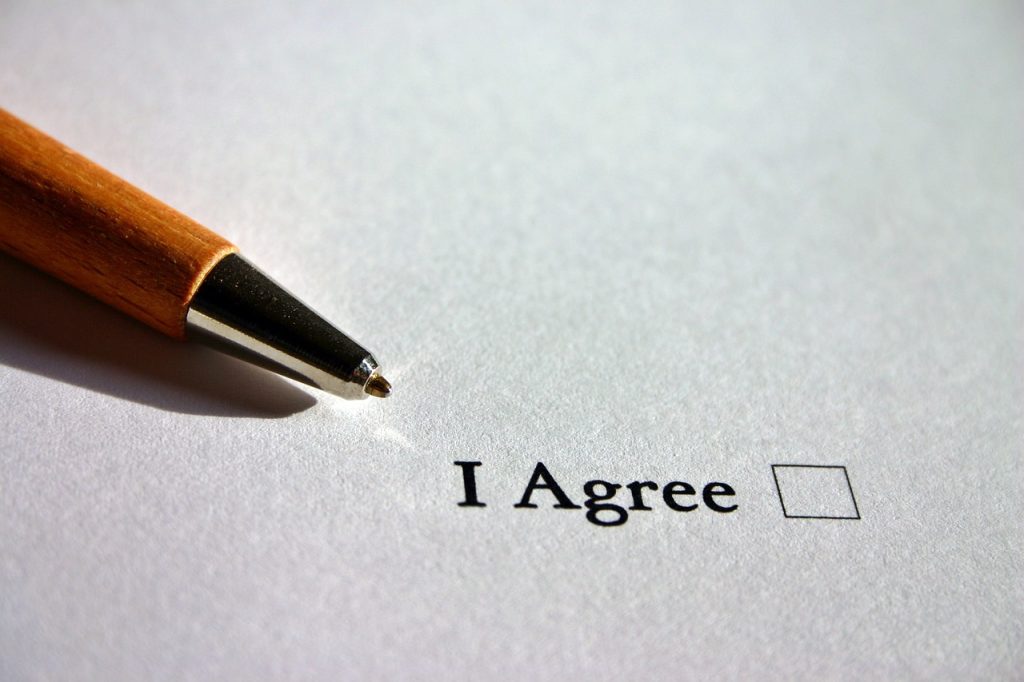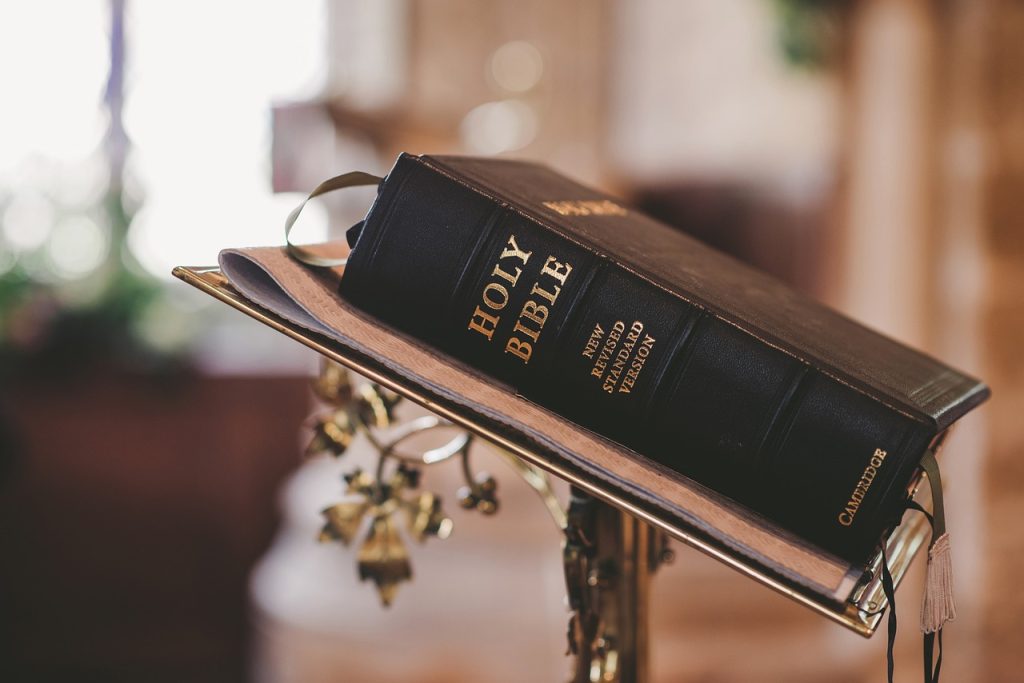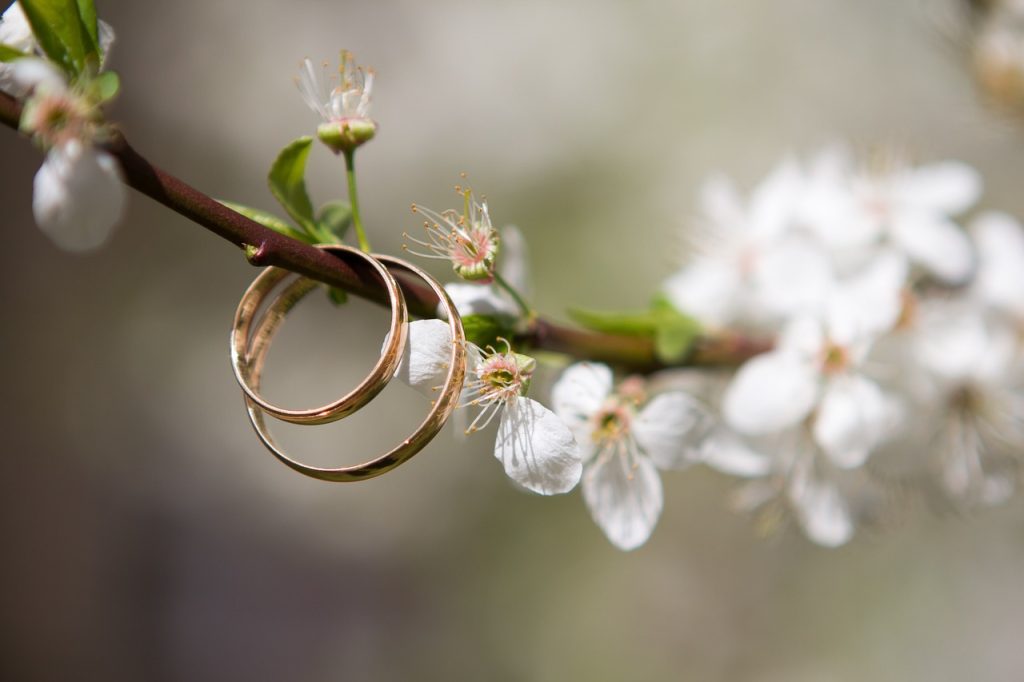June the 21st, 2023 – There are several different forms of Croatian marital unions which are recognised by law currently, and they don’t all involve churches, priests and (usually) obnoxiously pricey food and drink. Let’s dive in.
What does Croatia define as marriage?

In Croatia, marriage is considered to be what the rest of Europe and most of the world deems it – a legally sanctioned union between a man and a woman that is entered into with the consent of both parties before a registrar or a religious officiant. Any adult (a person over the age of 18) who has their legal capacity remaining in their own hands can enter into marriage. Those who are 16 and over (but under 18) can also get married as long as they have previous court permission to do so.
Naturally, there are exceptions. You can’t marry a blood relative, you can’t marry if you’ve been stripped of your legal capacity or if you’re not sound of mind, and you can’t marry in this fashion if you’re in a same sex life partnership sealed in accordance with special regulations.
Having a civil ceremony

Croatia is a generally fairly religious country (Catholicism) and cultural and traditional customs continue to play a more or less big role in most wedding ceremonies. That said, if you aren’t religious and you don’t fancy going through the (endless) motions of your typical Catholic-style wedding, you can opt for a more simple approach that has far less focus on the Big Man Upstairs and more on your union.
If you’ve decided to get married by a civil ceremony, before you and your partner visit the registrar, you should obtain the documents you’ll need, choose the date and place for the ceremony, decide on what you’re doing surname-wise, choose two witnesses, and declare your intention to marry to the registrar (in person).
Once you’ve been to the registrar physically and declared your intentions, you’ll be asked to set the date of the wedding ceremony. This date generally must be within 30 to 45 days after this declaration to the registrar is formally made. When there are justified reasons for this requirement not being fulfilled, the wedding date can be later, but it must no later than 90 days from the initial declaration.
What documents will I need?

Considering Croatia’s bizarre love for paperwork and red tape, there’s remarkably little bureaucracy involved in this part. You’ll need proof that you’re free to marry, an extract from the birth register and a court decision declaring that you have permission to marry (this doesn’t apply to you if you’re over 18, which I assume you are). Those documents mustn’t be more than three months (90 days) old when you hand them over.
You’ll also be required to present government issued ID and proof of your citizenship to the registrar. As a rule, these are an ID card or a passport.
Religious marriage ceremonies

If you’re religious and want to do it all with bells on, or go the whole nine yards as they say, you’ll likely want a religious marriage ceremony. This sort of ceremony is performed solely by an officiant of a religious community that has regulated their legal relationship with the nation of Croatia.
Before entering into religious marriage in the Republic of Croatia, you must obtain a certificate of meeting the requirements to marry from the registrar competent for the place the wedding ceremony is going to take place in. In order to be issued with this document, you’re required to present the same documents required for a civil ceremony.
Civil partnerships
If you want to enter into a civil partnership in Croatia, you absolutely can and it is another of the currently recognised Croatian marital unions. If you’re in a same sex relationship and you want to make things more official, this option is open to you and you must perform it in front of a registrar.
What does Croatia consider to be a civil partnership?
In Croatia, a civil partnership is considered to be the union of of two individuals of the same sex which is entered into before a registrar in order to form a family. In this country, civil partnerships are entered into in the presence of the persons intending to enter into a civil partnership, a registrar and two witnesses. A civil partnership is formed when the persons consent to entering into it in front of said individuals.

Just like any of the other legally recognised Croatian marital unions (or civil ones), certain requirements must be fulfilled before the ceremony can go ahead.
What documents will I need?
In order to enter into a civil partnership in Croatia, you’ll need to be over the age of 18 (both parties, obviously), you’ll need to be of the same sex as your partner, you’ll both have needed to provide explicit consent to the partnership, and you’ll need to have the civil partnership ceremony performed by a registrar. Anyone who is over the age of 18 can be a witness to a civil partnership ceremony as long as they have retained their legal capacity.
Much like with marriage, you cannot enter into a civil partnership in Croatia if you’re under 18, if you’re blood relatives (both lineal and collateral up until the fourth degree of kinship, to be precise), if you’re already in a civil partnership with another person, or if you’re legal capacity has been taken away or you’re not sound of mind.
If you hold Croatian citizenship, you’ll need to also present your ID. If you’re a foreign national, you’ll need to present your passport as proof of your citizenship, and extract from the birth register from the country of your birth, and proof you’re not married or in a civil partnership with someone else.
What about surnames?

There are multiple options available to those entering into a civil partnership in Croatia when it comes to the pesky surname issue. Both parties can either choose to continue as they have been until now and not bother to alter anything at all, they can use both of their surnames and pick a combination of the two (choosing which comes first and which comes second), or they can simply use one surname as their family surname.
Consensual union

A consensual union is one of the recognised Croatian marital unions which is less formal. In this case, a man and a woman (who are both unmarried) are free to enter into one if they have been living together for a period of at least three years. That period can be shortened if they intend to marry or if they have a child together.
This type of union carries the same personal and financial implications as a marriage does in Croatia. That also means that the legal provisions on the rights and obligations of marital spouses, the rights and obligations of parents and children, maintenance obligations and obligations from property relations and other relations also apply to it accordingly.
For the specifics when there is a child or children involved, including maintenance, parenting plans and divorce, click here.
Informal civil partnership

Unlike the type of civil partnership I’ve already described above, this is an option for same sex couples who do not want to engage in the official side of things, but do wish to form a union to create a family unit. The relationship must have existed for at least three years beforehand and all of the other requirements for a formal civil partnership (if that were being pursued) have been met from the beginning.
What does it involve?
An informal civil partnership has personal and financial implications to which the provisions of the Civil Partnership Act apply accordingly in the area of personal rights, relations related to children and the property rights of both civil partners.
In the area of inheritance, taxes and pensions, the social welfare system, mandatory health insurance and healthcare, employment rights and obligations, access to public and market services and the public legal position, informal civil partnerships produce the same effects as those recognised for consensual unions in special regulations governing these areas.











